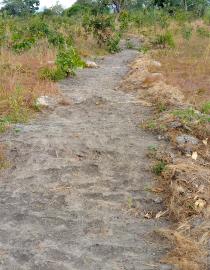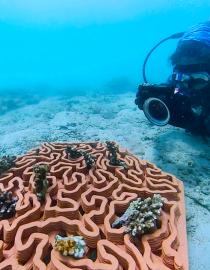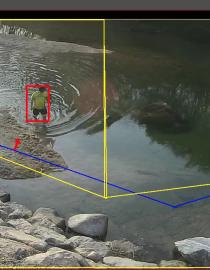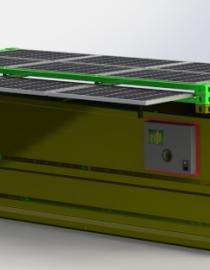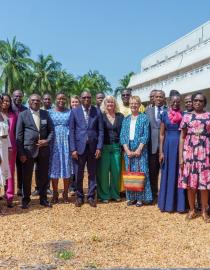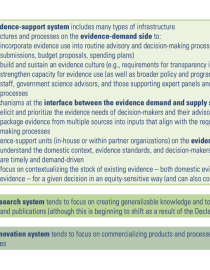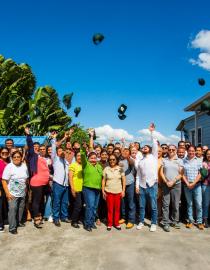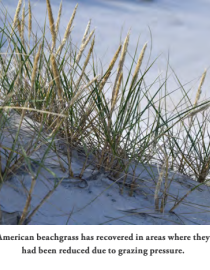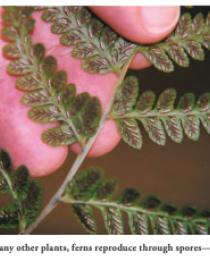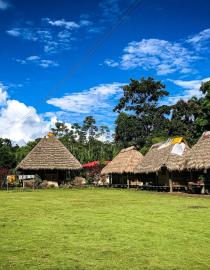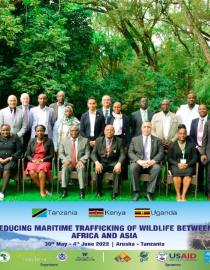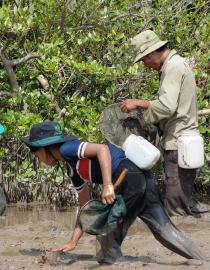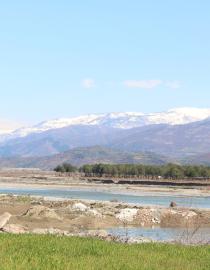
solutions
- Alliance and partnerships development
- education, training and other capacity development activities
- Enforcement and prosecution
Environmental DNA
3D-printing
AI-based intelligent CCTV
AI-based crack gauge for rockfall
Énorme capacité de stockage pour le Sunbox
Écran LED géant pour communiquer et augmenter la rentabilité
Fonctionnement autonome grâce aux panneaux solaires
Focus on regionalisation
Design tailored trainings to a specific purpose
Be creative with the methodology
Elaborate follow-up activities early in the process
Multi-Stakeholder Partnership (MSP)
Multiple Grant Agreements
Forensic accounting for wildlife trafficking interdiction
Cooperation – Enhancing information sharing across jurisdictions
Uniform sentencing
Educación y sensibilización ambiental
Fortaleciendo capacidades
Creando conciencia ambiental
A negotiation process
Co-management agreement
Pluralistic governance board
Ensuring Justice-based Ecosystem-based Adaptation
